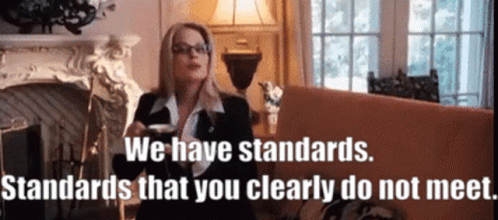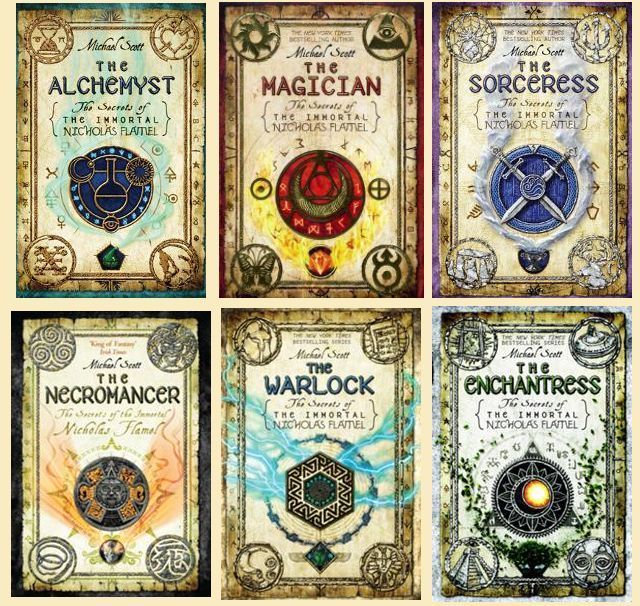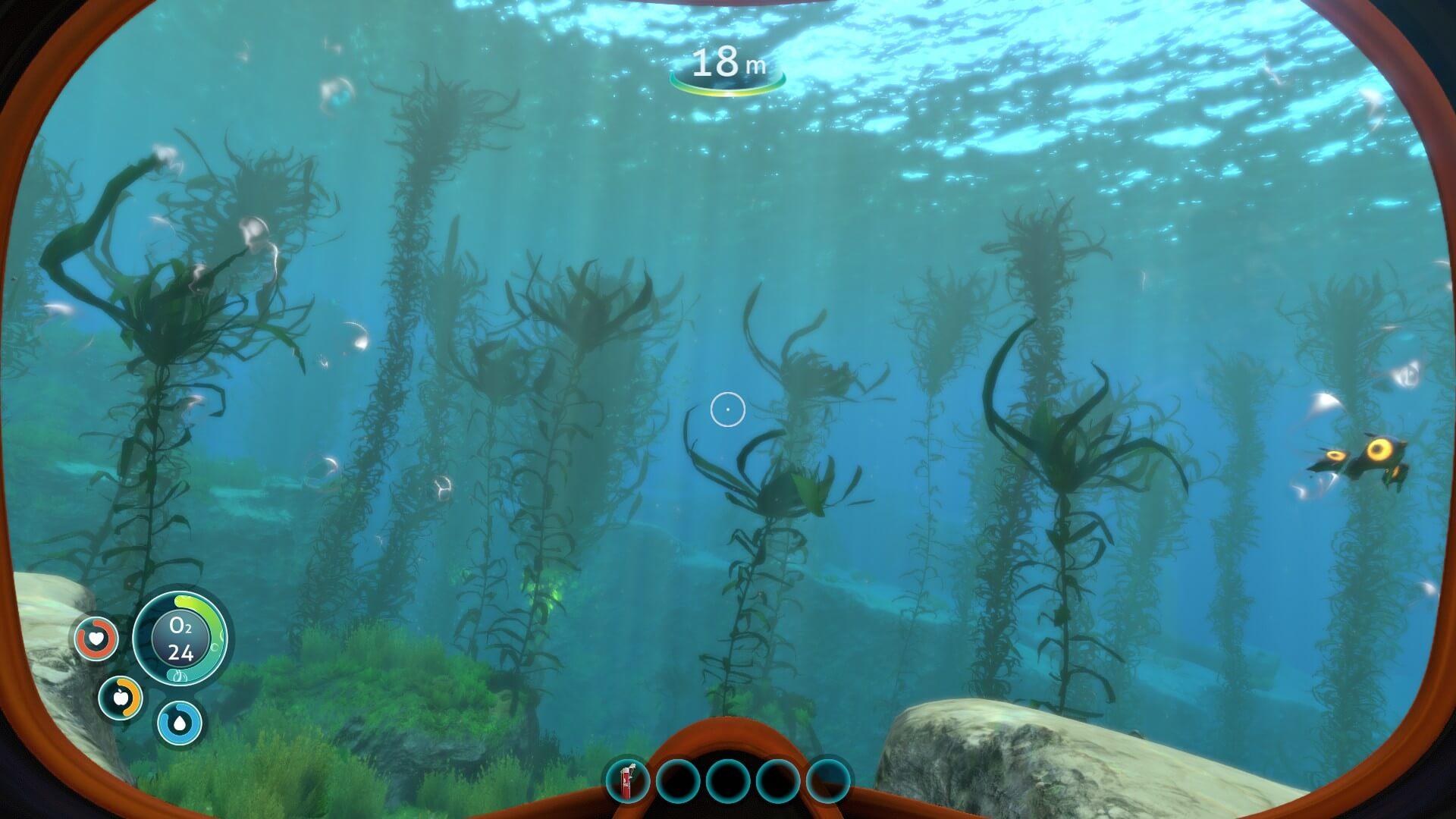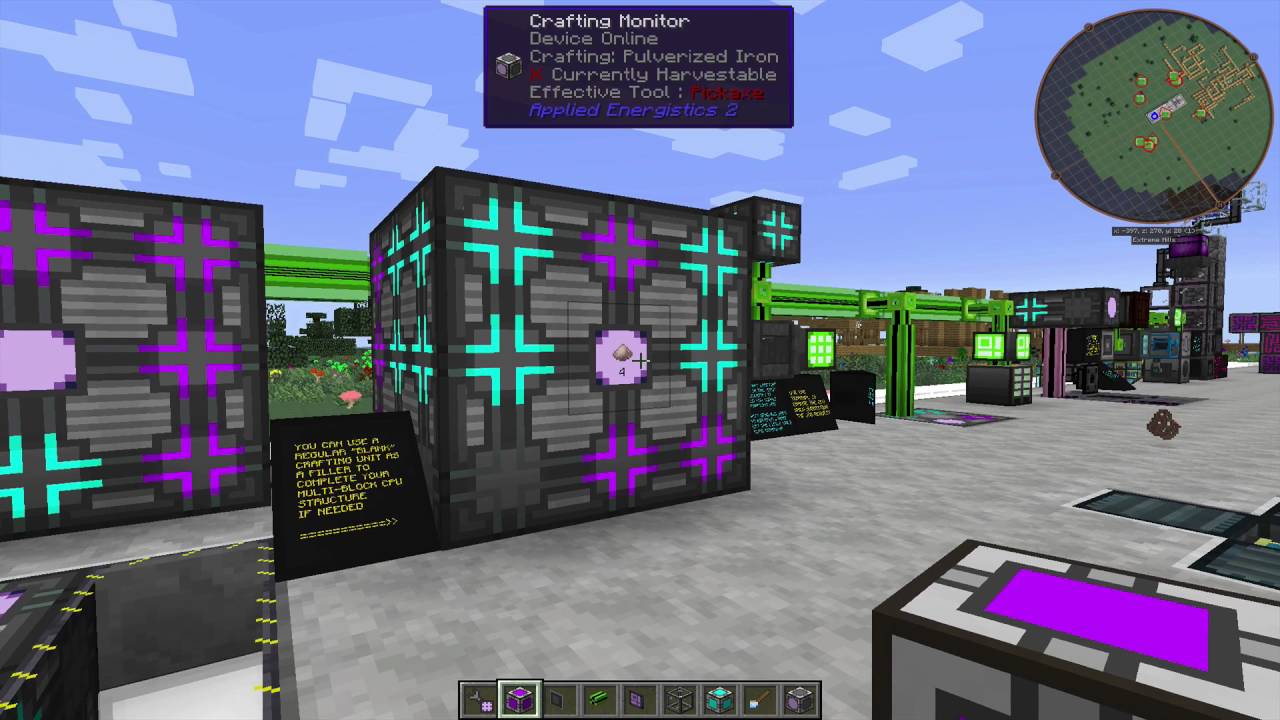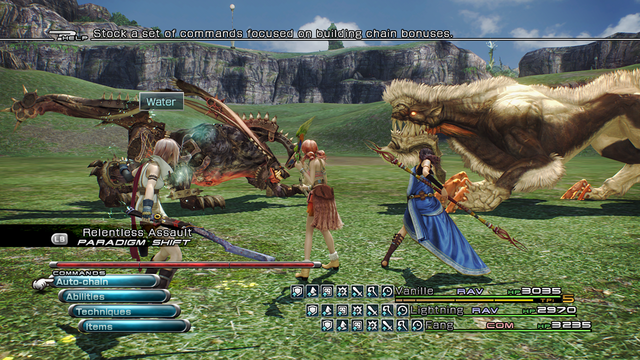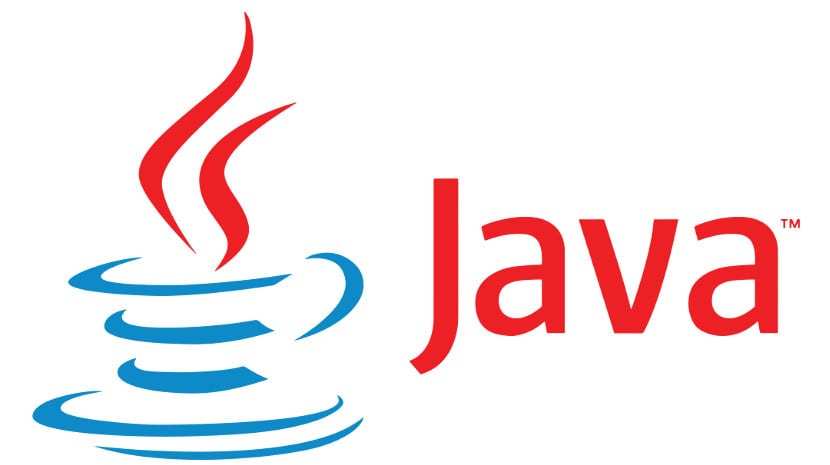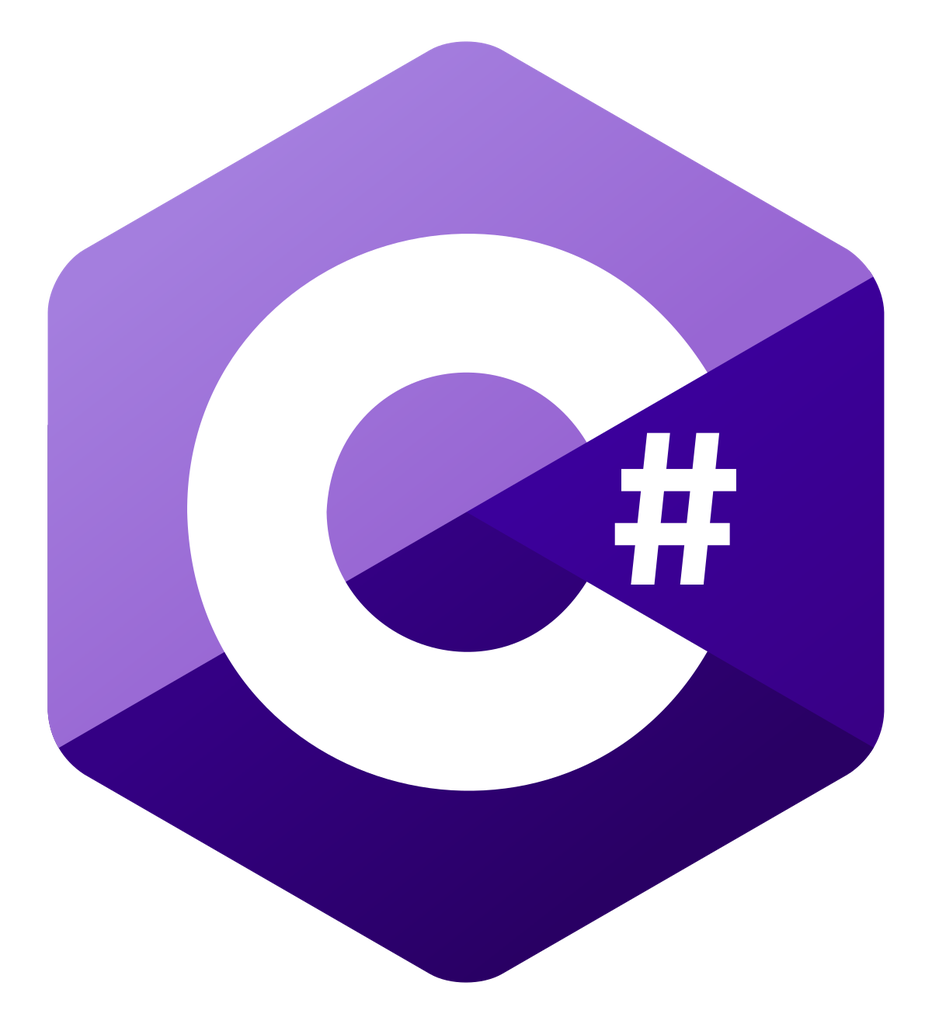So, here we are again! This time to talk about a one teensy weensy but ever so crucial little tiny detail in software processes! Models and standards.
(have a cookie if you got the reference in that small paragraph before seeing the image) 
These are the following topics i’ll try to cover in this blog:
- CMMI
- TSP/PSP
- ISO-15504
- MOPROSOFT
- IDEAL method
CMMI
Capability Maturity Model Integration (CMMI), is a processes model that helps an organization promote their members so that they can have a better performance. The questions this model ask are related to how good we work, our improvement and if our processes are as good as they should be and working as necessary, so we can call this model a book of ‘whats’ and ‘hows’, giving us a hint on what to work in.
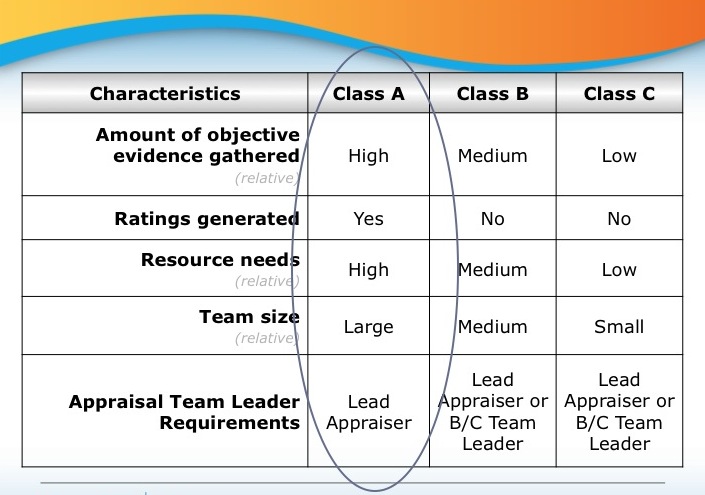
TSP/PSP
Whenever we talk about time management, personal improvement on programmers, and guidance on organizations that use a CMMI model, then we’re either talking about PSP/TSP practices, or you’re somehow in an alternate universe where things are incredibly wrong.
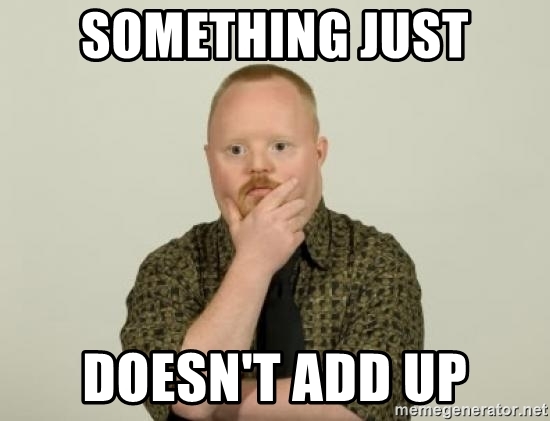
PSP concentrates in work practices in a more individual manner, so that we can organize our day through day activities and handle product quality. This practice can be carried with a team, called the TSP (Team Process Software), which is in turn commanded by a gestion system, and of course, a team leader that evaluates the individual progress of each member of the team.
TSP, is insted, a method of stablishing teamwork and improving it, using two basic components:
- Work team formation
- Work team gestion
The major problems that are solved with this, are predicting time and cost in business, lack in productivity, and software development and cycles, along with product quality.
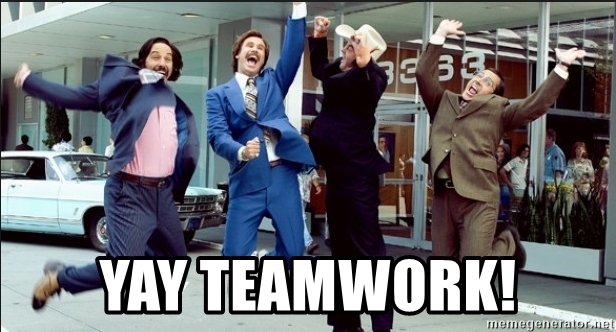
ISO-15504
This new norm presents us the following objectives:
- It’s necessary to propose and develop an evaluation stand in software processes.
- Evaluate progress using experimentation.
- Promote the evaluation techonlogy to a global state.
This specific standard evaluates software life cycles and requisites and evaluating each one of the evaluation steps in the ISO standard 15288.
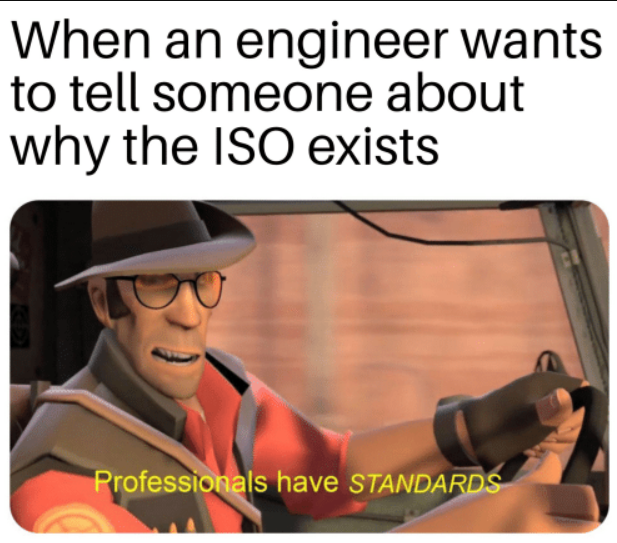
MOPROSOFT
MOPROSOFT (in spanish, Modelo de Procesos para la Industria del Software de México) is a model for the development and maintenance of software, focused on the processes of a basic structure company, taking in mind three organization levels: High Direction, Gerency and Operation, looking to standarize all of what they do, both in effectivity and integrity.
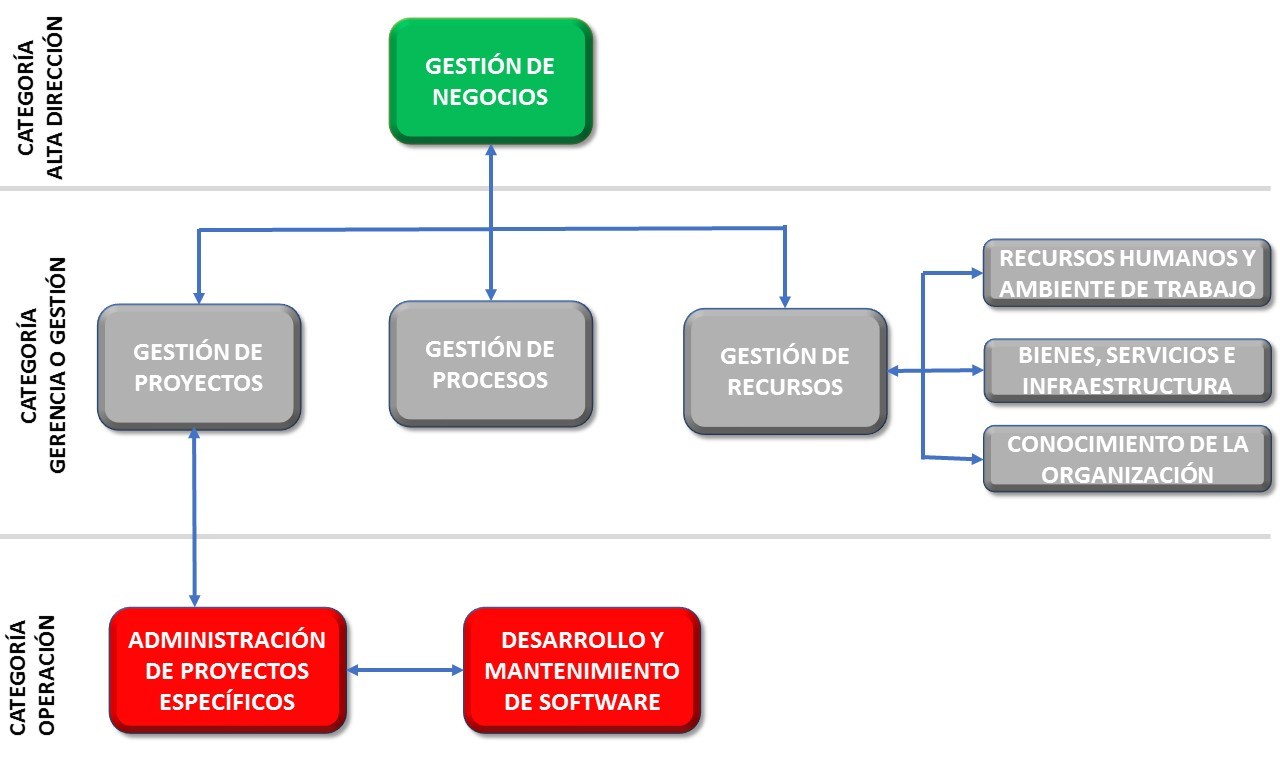
I.D.E.A.L.
Initiating, Diagnosing, Establishing, Acting & Learning, this model serves as a roadmap to initiate, plan, and implementation of process improvement actions. As we can see, this has five main “steps”:
- Initiating: Initiate the change, lay the groundwork for the changes that WILL happen in the next phases.
- Diagnosing: Where are we? Was this the place we wanted to be at this point? Analysing in this phase is essential.
- Establishimg: Plan what you’re gonna do, how are you gonna reach your goal? Prioritize tasks, change implementation and establish the teams.
- Acting: Do what you planned, nothing more to say for this one.
- Learning: Learn from the mistakes you made, improve and adapt new techniques for the future, so that the next IDEAL cycle will be better.
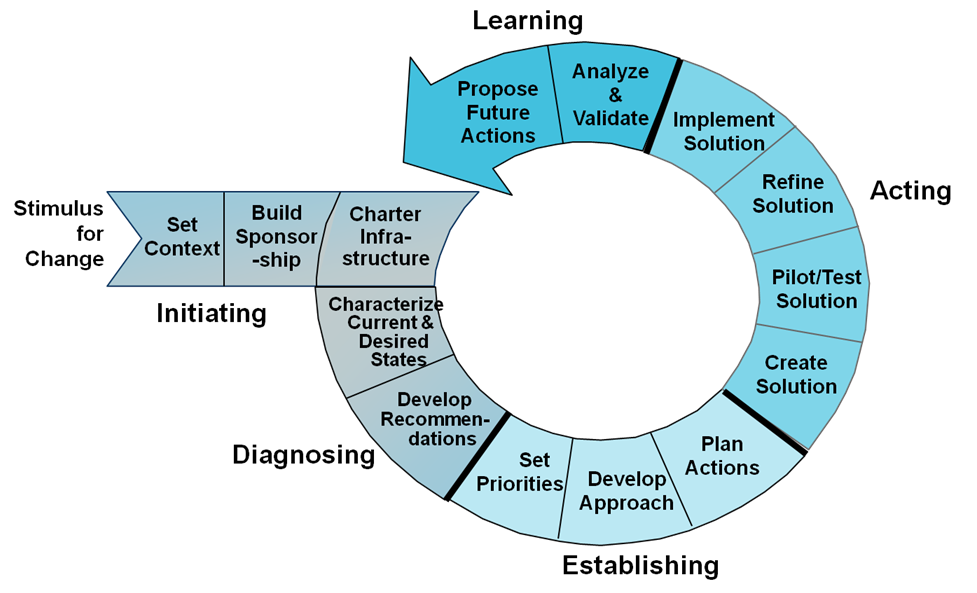
And that’s all models we’re gonna see today, hope you enjoyed and learn something new (for I surely did), and if you care to answer, which one do you think is better? Or should all of them be implemented somehow? I wanna know!






